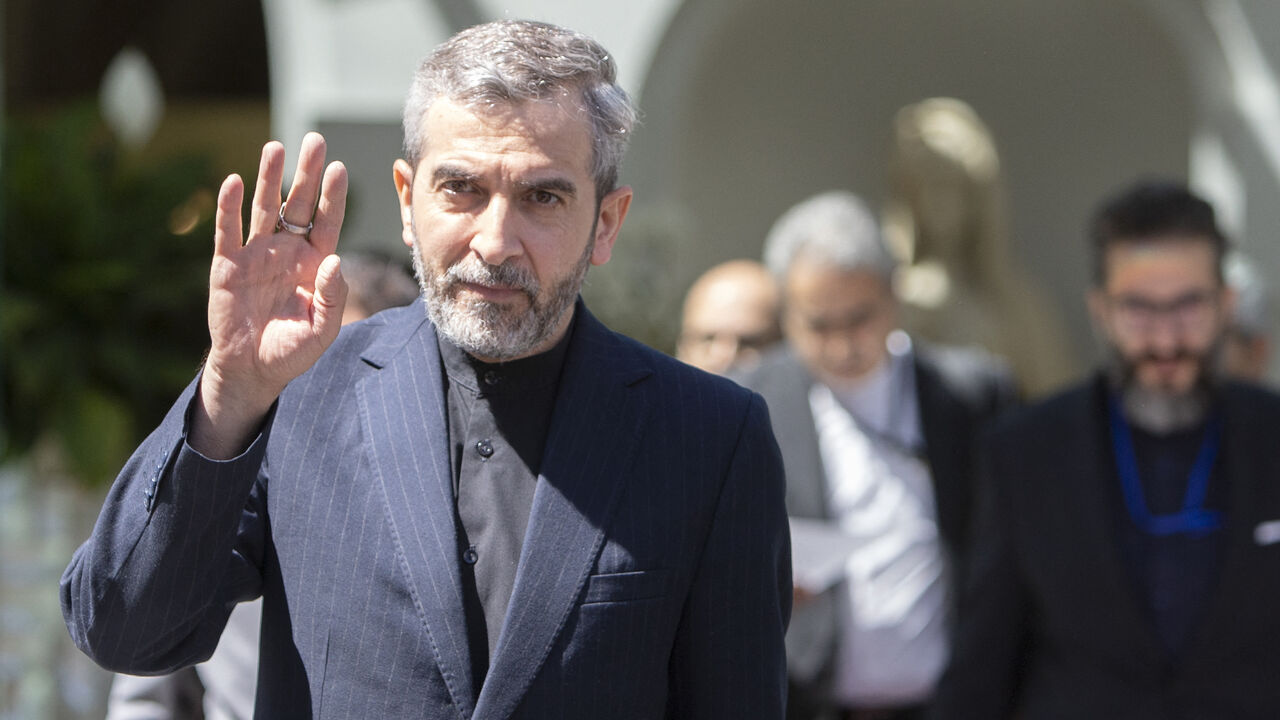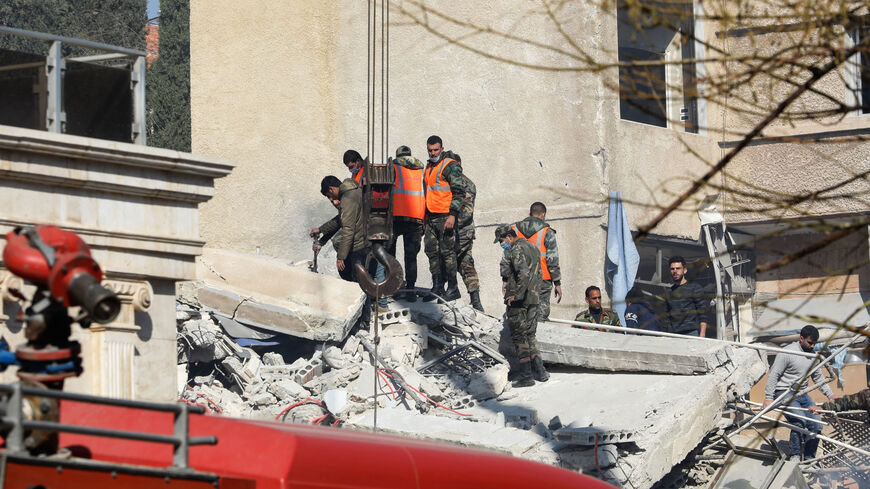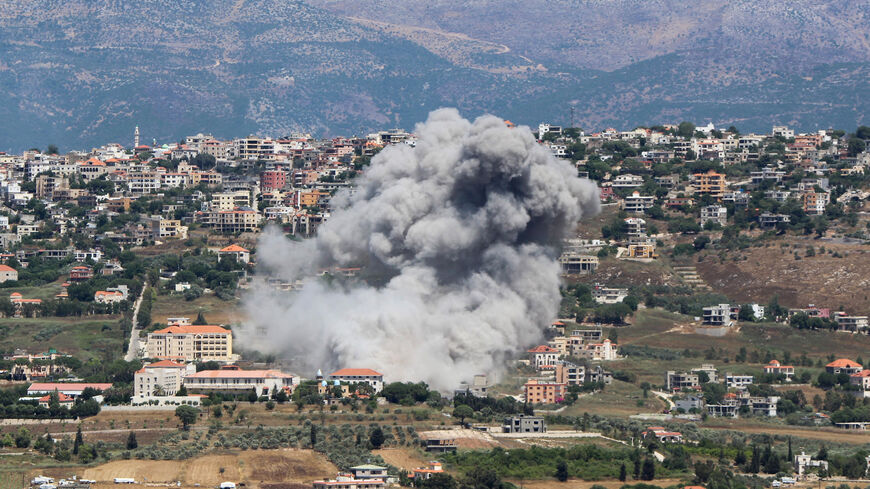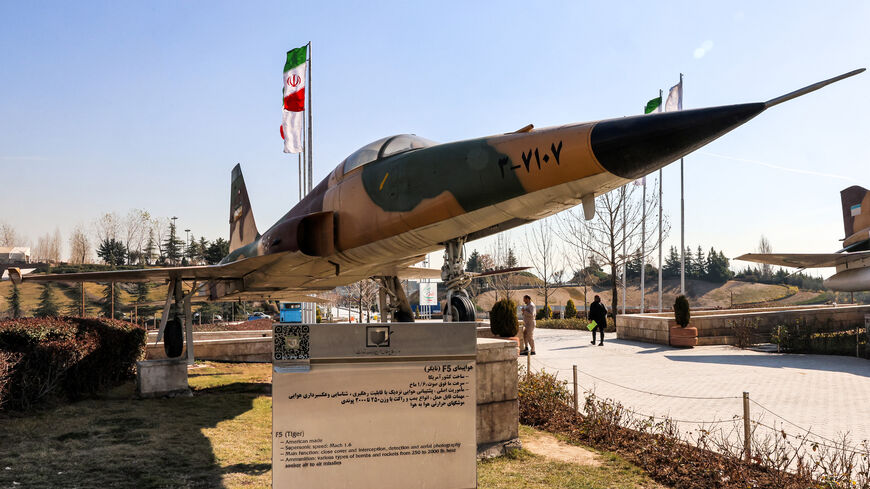Iran’s acting FM meets Assad in Syria after talks with Hezbollah chief
Iran has been backing its proxies, including Hezbollah and Hamas, in their fight against Israel since the Gaza war erupted.

Iran's acting Foreign Minister Ali Bagheri Kani pledged on Tuesday to maintain close relations with Syria during a meeting with President Bashar al-Assad amid escalating tensions in the region.
Bagheri Kani met Assad in Damascus on the second leg of his regional tour following a visit to Lebanon on Monday. The two discussed bilateral relations as well as developments in the Palestinian territories and unspecified international issues, Syria's official news agency SANA reported.
During the meeting, Bagheri Kani said that Iran-Syria ties will remain "deep and strategic." Addressing the war with Israel, Assad stressed that "the resistance against the occupation will remain a basic principle and a strategic choice," according to SANA.
Monday's Lebanon trip marked his first to the region after he was named acting foreign minister following the death of his predecessor, Hossein Amir-Abdollahian, in a helicopter crash in Iran last month alongside President Ebrahim Raisi and other officials.
In Beirut, Bagheri Kani met with Lebanese officials including the prime minister and foreign minister. He also held talks with Hezbollah leader Hassan Nasrallah on developments on the Gaza and Lebanese fronts and proposed solutions to de-escalate the situation, according to Hezbollah’s Al-Manar news outlet. No further details were made available.
Before the meeting with Assad on Tuesday, Bagheri Kani met with the heads of the "Palestinian resistance groups" at the Iranian Embassy in Damascus, the official Islamic Republic News Agency reported. The agency did not reveal who specifically attended the meeting. Hamas, which has a presence in Syria, did not immediately comment.
Bagheri Kani also met with Syrian Foreign Minister Faisal Mekdad at the ministry headquarters in Damascus on Tuesday, according to SANA.
Speaking at a joint press conference following the meeting, Bagheri Kani praised the “close relations” between Syria and Iran, which he said were “essential pillars of stability in the region.”
He further stressed his country’s support for the Palestinian resistance against Israel, while condemning Israel's war on the Gaza Strip.
Mekdad stressed the importance of boosting cooperation to further strengthen the “strategic relations” between Syria and Iran.
Meanwhile, tensions between Iran and Israel threatened to snowball into a full-blown regional war after the Islamic Revolutionary Guard Corps launched an unprecedented attack on Israel in April, firing hundreds of drones in retaliation for a suspected Israeli strike on the Iranian Consulate in Damascus that killed at least seven people, including two IRGC commanders.
Israel, which rarely acknowledges missions in Syria, has carried out several attacks against suspected Iran-linked targets in the country amid the regional tensions resulting from the ongoing Hamas-Israel war.
On Monday, suspected Israeli airstrikes in the vicinity of Aleppo city in northern Syria killed several people, Syrian state media said.
The UK-based Syrian Observatory for Human Rights said the strikes hit a weapons depot belonging to Iranian-backed militias in the northern countryside of Aleppo. The war monitor said at least 17 pro-Iranian fighters of Syrian and other foreign nationalities, including an Iranian military adviser and a Hezbollah fighter, were killed.
Iran’s semi-official Tasnim news agency confirmed the death of an Iranian officer in Monday’s strikes, identifying him as IRGC member Saeed Abyar.
Hezbollah and the Israeli army have been trading heavy fire along the Lebanon-Israel border since the Gaza war erupted last October. The fighting has killed at least 453 people in Lebanon, mostly Hezbollah fighters, according to a tally by Agence France-Presse. The Israeli military says at least 14 soldiers and 11 Israeli civilians have been killed.







